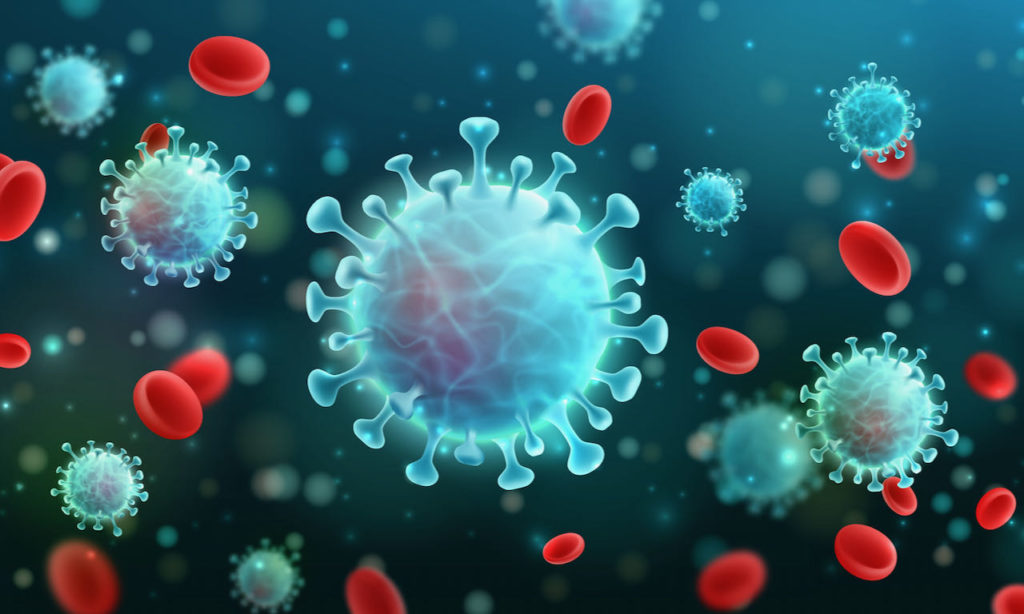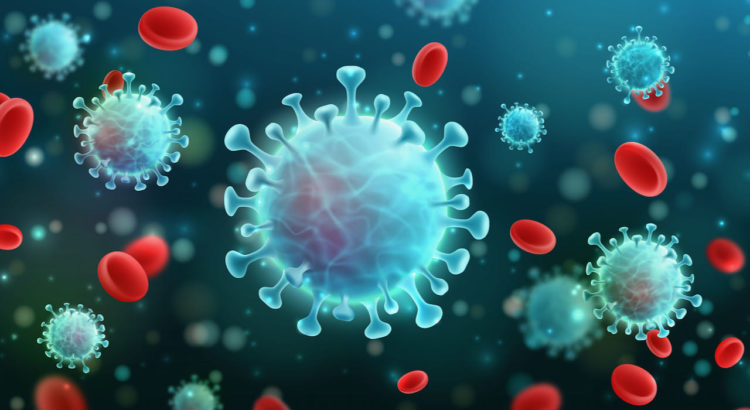
Spike protein is not the only issue
When investigating the cause of pathology from acute covid, long covid and from vaccination, the emphasis has been on the effects of spike protein. Here we explore the role of pro-inflammatory molecules including interferons and high-mobility group box 1 proteins (HMGB1) produced in response to severe infection, and/or spike protein injection. Pathological mechanisms to consider in severe covid include (acute respiratory distress syndromes, sepsis, pneumonia, cytokine storms and thromboembolism), long covid and the acute, known side-effects of the covid vaccines (Myocarditis, Guillain-barre, Transverse myelitis, Chronic Venous Sinus Thrombosis and disseminated intravascular coagulation amongst others).
Background
As well as the specific immune response, Bacterial and viral infections stimulate an innate immune response which kills anything foreign. Crucial chemicals that mediate this response are type 1 interferons. This was acknowledged by the World Health Organisation (page 7) prior to the Emergency Use Authorisations of novel mRNA and viral-vector based vaccines. The innate immune response protects children from severe covid whilst an increased risk of severe covid has been linked to both mutations in the genes that code for elements of the interferon signalling system and auto-immune antibodies that attack interferons. The key question to address is how interferons exert protective effects, and how it might be linked to severe covid, long covid and rare vaccine-related adverse events, if at all.
Interferons
Injected artificial interferons have been a mainstay disease-modifying treatment for multiple sclerosis for many years, and have also been studied for the treatment of SARS-CoV-2 infections and covid disease with mixed results. Common side effects of systemic interferons include fatigue, pain, diarrhoea and general flu-like symptoms. These are generally comparable to the local and systemic side effects of the covid vaccines. The key question to address is whether the pathophysiology of severe covid, long covid and vaccine side-effects have shared characteristics that may offer improved treatment options.
How interferon activation can lead to clotting
We initially focussed on clotting disorders due to both severe covid and as a rare side effect of covid vaccines. Previous research has shown that, for bacterial infections, activation of type 1 interferons leads to clotting. A key intermediate step in this process is amplifying the release of high-mobility group box 1 proteins (HMGB1). HMGB1 mediates a wide range of intracellular and extracellular inflammatory effects in response to toxic insults. Could HMGB1 play a similar role in covid? Perhaps. HMGB1 has been proposed as a biomarker and therapeutic target for severe covid. Since interferons also play a role in innate antiviral responses, we explored a role for HMGB1 in severe covid and in vaccine-related adverse events.
Links to various covid pathologies and vaccine side effects
We have uncovered a role for HMBG1 in a variety of covid and vaccine-related disorders including myocarditis, Guillain Barre, CVST, immune thrombocytopaenia, as well as a link to toll-like receptor 4. Others have suggested toll-like receptor 4 leads to innate immune impairment and potential increased susceptibility to various disorders including neurodegenerative disease, myocarditis, immune thrombocytopenia, Bell’s palsy, liver disease, impaired adaptive immunity, impaired DNA damage response and tumorigenesis.
Expanding treatment options with HMGB1
HMGB1 was first proposed as a therapeutic target for covid in May 2020 and targeted treatments may reduce the risk of severe disease. There is a wide literature of potential HMGB1 inhibitors that might be explored for the treatment of severe covid, long covid and vaccine-related side effects including: dexamethasone, budesonide and salbutamol, vitamin D, hydroxychloroquine as well as ginseng. We would therefore encourage greater focus on HMGB1 to advance approaches to treat severe covid and vaccine-related side effects.

